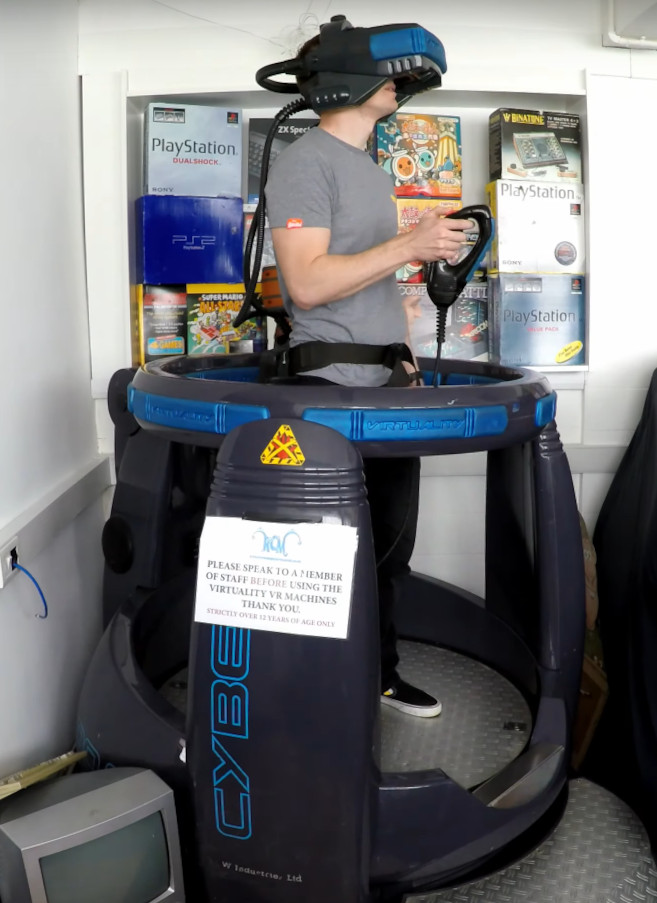Virtual Reality: A Gateway to Indigenous Culture in Australia

In a groundbreaking initiative launched during National Science Week, Australian educators are utilizing virtual reality (VR) technology to provide students with immersive experiences of Indigenous cultures. This multimedia project, which captures over 65,000 years of Indigenous knowledge, showcases the contributions of elders, scientists, and environmentalists to educate and inspire the next generation.
The project includes a variety of activities that connect students with Indigenous heritage through innovative technology. According to Dr. Emily Roberts, a cultural anthropologist at the University of Sydney, "This initiative not only preserves Indigenous stories but also makes them accessible to students across Australia, fostering a deeper understanding and respect for our Indigenous communities."
Students will have the opportunity to engage in multiple online and in-person activities, such as using baited underwater cameras to explore crocodile habitats in Ramingining, Northern Territory, and participating in a virtual 'fire lab' tour that incorporates traditional Indigenous burning practices.
The VR portal also provides insights into Torres Strait Islander culture, Aboriginal astronomy, and the cultural significance of seaweeds, among other topics. Dr. Benjamin Lee, an Indigenous studies expert at Monash University, emphasizes the importance of integrating Indigenous knowledge into the curriculum: "By using VR to teach these subjects, we are creating a bridge between traditional knowledge and contemporary science, which is crucial for holistic education."
In addition to virtual experiences, the initiative includes hands-on workshops. For instance, in Adelaide, students can engage in textile workshops that explore the weaving traditions of Indigenous peoples. Meanwhile, in Brisbane, participants will learn about the biomedical applications of traditional plant knowledge, enhancing both scientific literacy and cultural appreciation.
This educational program also highlights the implications of climate change and the importance of sustainable practices. In a recent report published by the Australian National University, researchers warn that Indigenous practices, such as cool burning and medicinal plant use, are critical for environmental management and biodiversity conservation. Dr. Sarah Johnson, a lead researcher on the project, states, "Indigenous knowledge systems represent a wealth of information that can guide us in addressing contemporary environmental challenges."
As students engage with these activities, they not only learn about Indigenous cultures but also develop skills applicable to scientific inquiry and environmental stewardship. In a time where climate change and ecological degradation are pressing global issues, fostering an appreciation for Indigenous ecological knowledge is more crucial than ever.
Looking ahead, the ongoing collaboration between educators and Indigenous communities promises to reshape the educational landscape in Australia. With plans for expansion, the program aims to reach even more students, further embedding Indigenous knowledge in the national curriculum. The positive feedback from participants thus far indicates a growing interest in Indigenous studies among young Australians, as noted by Joshua Gilbert, a proud Worimi man and author, who reflects, "This program is vital in connecting our youth to their heritage and the environment. It's an investment in our collective future."
As the initiative unfolds, it holds the potential to not only enrich educational experiences but also to foster a deeper, more respectful relationship between Indigenous and non-Indigenous Australians. By embracing and sharing Indigenous knowledge through innovative platforms like VR, Australia can forge a path toward reconciliation and a more inclusive society.
Advertisement
Tags
Advertisement





